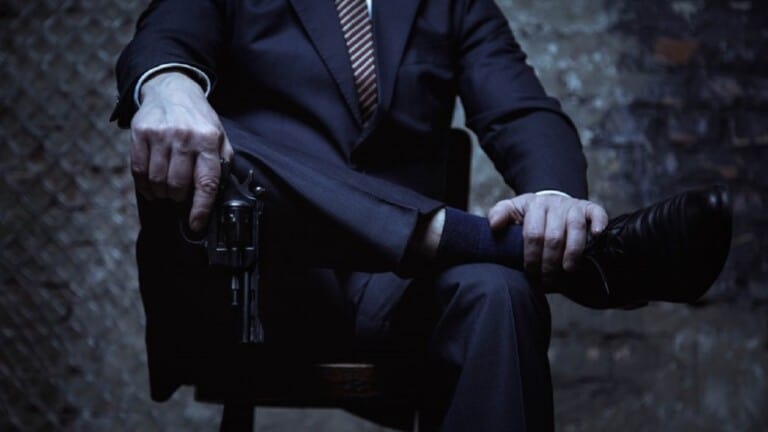Evolution of Gangsterism
1929: Wall Street crash. Prohibition is an attempt to decrease the revenue of alcohol.
1933: election of Franklin Roosevelt, who sets up the New Deal.
1934: Repeal of the Prohibition. Roosevelt had realized the importance of the ethnic vote, and especially the Catholic vote.
Creation of the Work Progress Administration (W.P.A.): the state provides the jobs. The Organized Crime became less of a necessity.
The vision of the gangster also evolved in the movies: he is now presented as a thing of the past.
When R. Sullivan gets out of prison after the repeal of the Prohibition, he does not fit in anymore: he is out of touch. The idea is that once you have been into illegal activities you can take the money and go into legal activities (some Jewish businessmen are grandchildren of earlier Organized Crime gangsters).
Gangsterism is doomed to vanish but the gangsters have not disappeared, they are still killed by other gangsters.
To go legit: to go legitimate. Gangland reconversion: gangsters could change by investing illegal money into illegal businesses.
The Organized Crime went more and more into legal activities. The State creates its counterpower: the lottery, which is legal in certain states.
Las Vegas was created by the Mafia (Bugsy Siegel). He opened the first casino, the Stardust; which was controlled by the Mafia and connected between legal and illegal activities.
Siegel was also interested in Hollywood but there was no very known widespread involvement of Organized Crime in the movie industry, except for the Browne-Bioff episode.
The Browne-Bioff plan
The Browne-Bioff episode started in Chicago: Willy Bioff was a Chicago racketeer in partnership with George Browne, a local official for a trade union (I.A.T.S.E.: International Association of Theatrical and Stage Employees).
The association had a campaign of extortion from the theatre director to avoid strikes and loss of money.
This campaign extended nationwide and touched Hollywood (RKO and Fox gave money in exchange for peace on the labour front). In 1941, all came to the surface.
Joseph M. Schenk, president of Fox, got arrested by the police and in exchange for a lighter sentence, he denounced the Browne-Bioff plan.
World War II
The structure of Organized Crime did not change except that it sometimes worked with the American government.
The Americans feared German submarines to attack the coast so Organized Crime ensured the waterfront workers’ liability to the government.
The Cold War
1951: the Kefauver Commission was set up to investigate crime and McCarthy was against the communists. Both are often associated. The Kefauver Commission was headed by Senator Kefauver (for Tennessee).
In 1950, he became chairman of the Senate Committee to Investigate Organized Crime in Interstate Commerce. The committee studied:
- inter-state gambling and racketeering
- use of inter-state facilities for Organized Crime (railway…)
1967-1968: Omnibus Crime Bill, allowing for wire topping. Organized Crime is a reflection of American society. It places the Kefauver Commission in the Cold War atmosphere.

